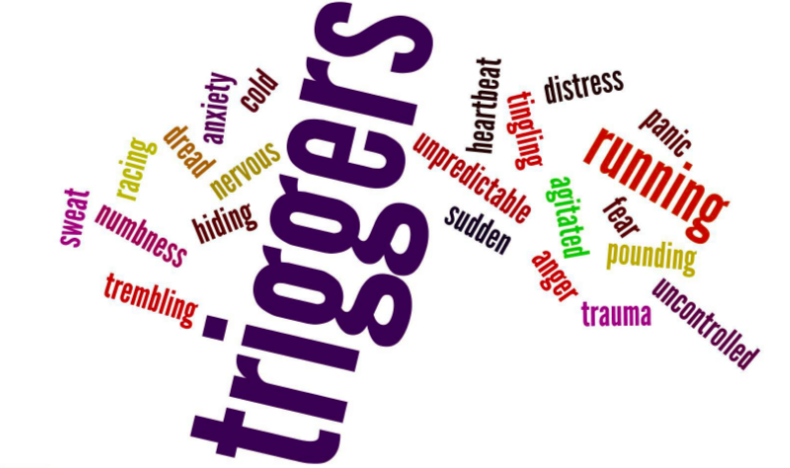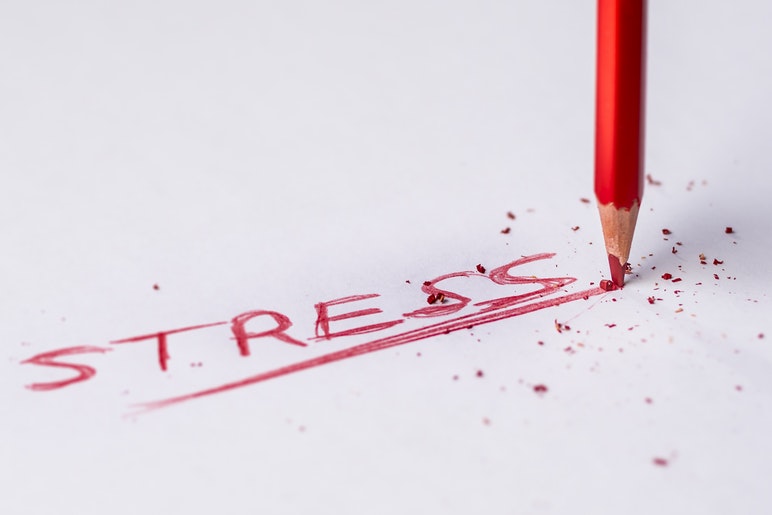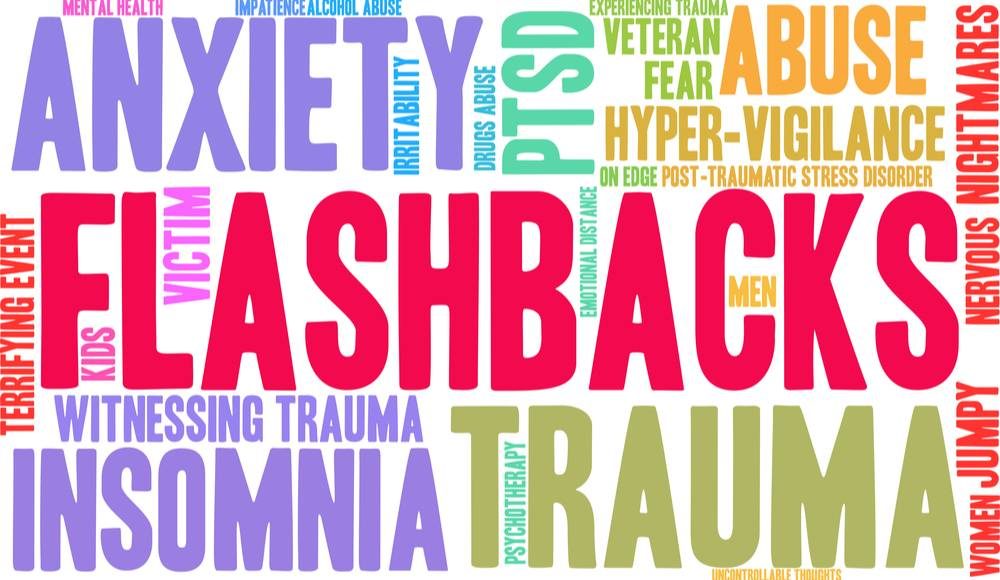What is a Trigger and Why Does it Happen?

Triggers can be tricky to understand.
If you're human, you get triggered. I get triggered. We all get triggered. Triggers are part of the emotional experience in this world. However, in order to live a flexible and healthy life, we want to help you demystify your personal triggers so that you can understand them. Doing this will help you heal and learn to cope better in response to the next ones that come up.
What is a trigger?
A trigger is the feeling you get when something happens and you have a sudden flood of negative feelings. For example, someone makes a half joking-half mean comment, and it hits a raw spot for you, and you feel destabilized by anxiety, shame, doubt, panic or sadness for the rest of the day.
A trigger can set off a memory, or flashes you back in time to an event that was stressful, confusing scary or traumatic. When experiencing this kind of trigger, your body will react with a similar emotional intensity that was experienced at the time of the original event.
You can also experience an emotional trigger that may not feel related to an event or specific image, but you suddenly notice yourself:
- sweating
- feeling disconnected (dissociating)
- discomfort in your body or chest
- having a hard time breathing
- feeling like you're trembly
- have the chills
- suddenly feel dizzy
These are some of the ways that you know that you've been triggered, as you're left with a physical or emotional imprint for the moment in time.
Now, different things trigger different people as triggers are very personal, however, they are usually activated by the five senses; sight, sound, touch, smell or taste.
Emotional flashbacks may happen due to any of the following:
- Feeling helpless in a situation that is out of your control
- Feeling judged by someone else
- Seeing disappointment in the eyes of someone important to you
- Experiencing someone who is clingy and being needy, leaving you feeling stifled
- Feeling chronically not "good enough"
- Sensing that you are not important or valued
- Feeling abandoned when someone leaves you
- Feeling judged, belittled or disrespected
- Feeling guilty about leaving someone or ending a relationship
- Experiencing sexual harassment
- Being shamed in public
- Someone insulted you and hit a sore insecurity of yours
- Smelling a whiff of the cologne of someone who abused you
These are just a few, and each person has unique triggers to them and their life experience.
You may have a clear understanding about why you're trigged, feeling anxious, panicked, fearful or out-of-sorts. Other times you may be triggered out of the blue, feeling like it's something that's out of your window of awareness.
One of the ways to work with triggers is to get yourself grounded by orienting to the room around you. Remind yourself where you are, what is going on and who you are with. If necessary, get up and move to another space that feels safer for you, where it may be quieter and so you can catch your breath.
Another way to better take care of yourself when triggered is learning how to tune into your body.
When you are more attuned to the messages your body is sending you, you are able to pick up important cues as to when and why you're getting triggered. Awareness helps with planning ahead and making better choices. And, for those unexpected situations where you can't possibly swerve the trigger, you can practice ahead ways to support yourself in those "wish-I-could-prevent-scenarios.".
My next blog will offer tips on how to better support yourself next time you're triggered. Check out "A 6-step-guide to help yourself when triggered" and learn a body-focused step by step guide to help you.
If you have been experiencing tension, anxiety, or trauma symptoms that express themselves in the body, reach out today for your free consultation so we can help you begin experiencing relief.
*originally published on integrativepsych.co
Esther Goldstein LCSW is psychotherapist and trauma specialist with a private practice in Cedarhurst, NY. Esther specializes in treating anxiety, trauma, and dissociative disorders. Esther provides trauma informed consultation to therapists committed to improving their trauma-informed practice and attachment focused EMDR consultation to therapist attaining hours towards EMDRIA certification. Esther's Website Is Integrativepsych.co
Frum Therapist exists as a website one can use to locate the top Frum professionals in your area or around the world. Learn more about the world of therapy, or sign up for ongoing education!










